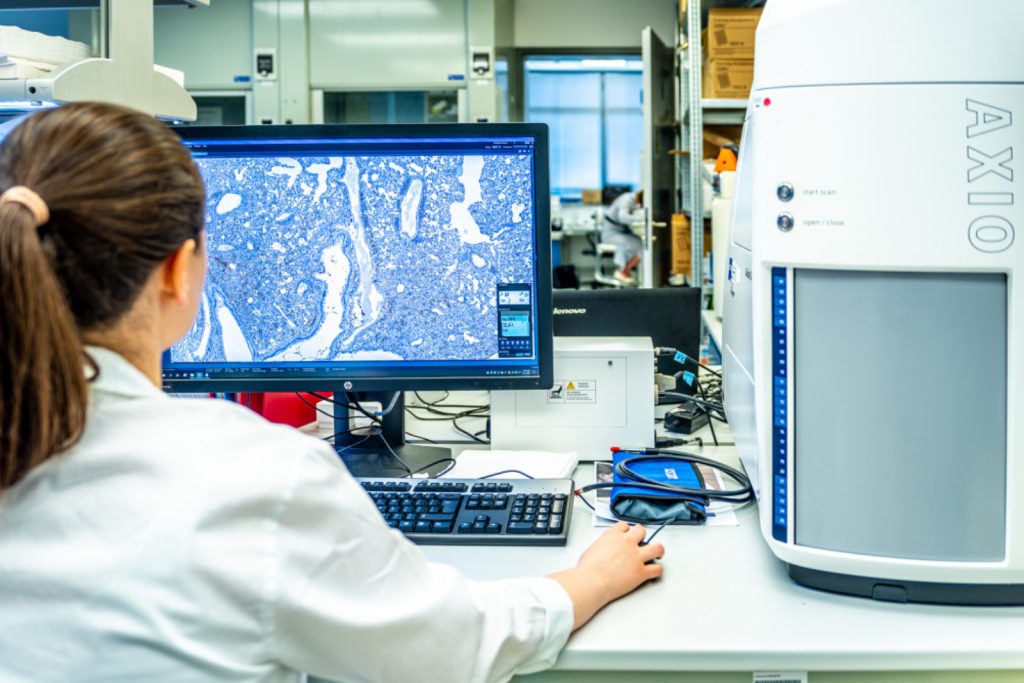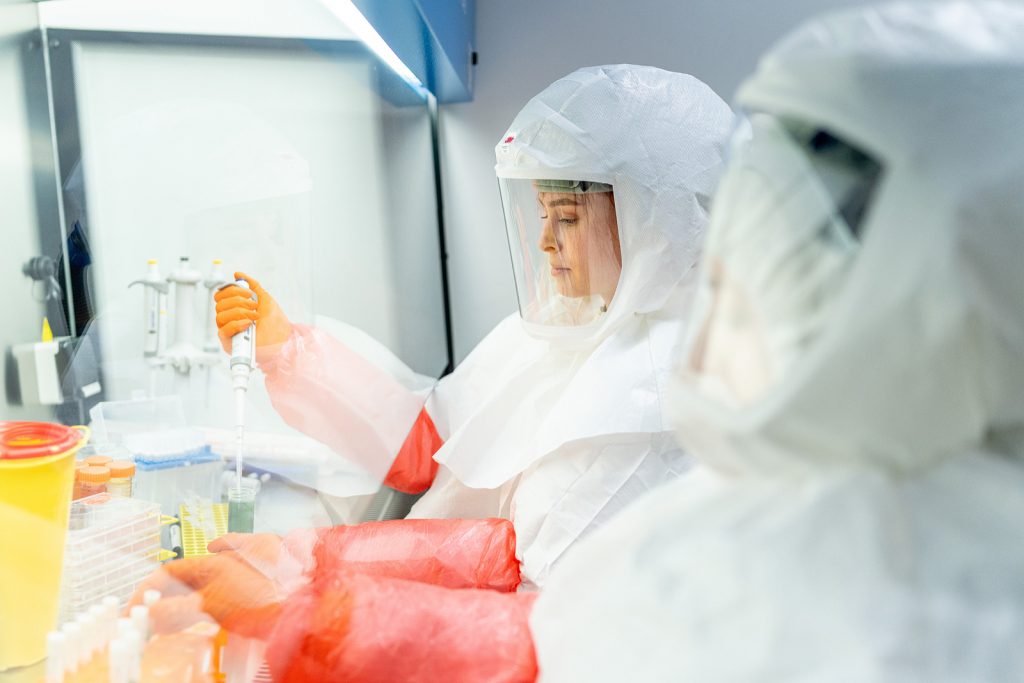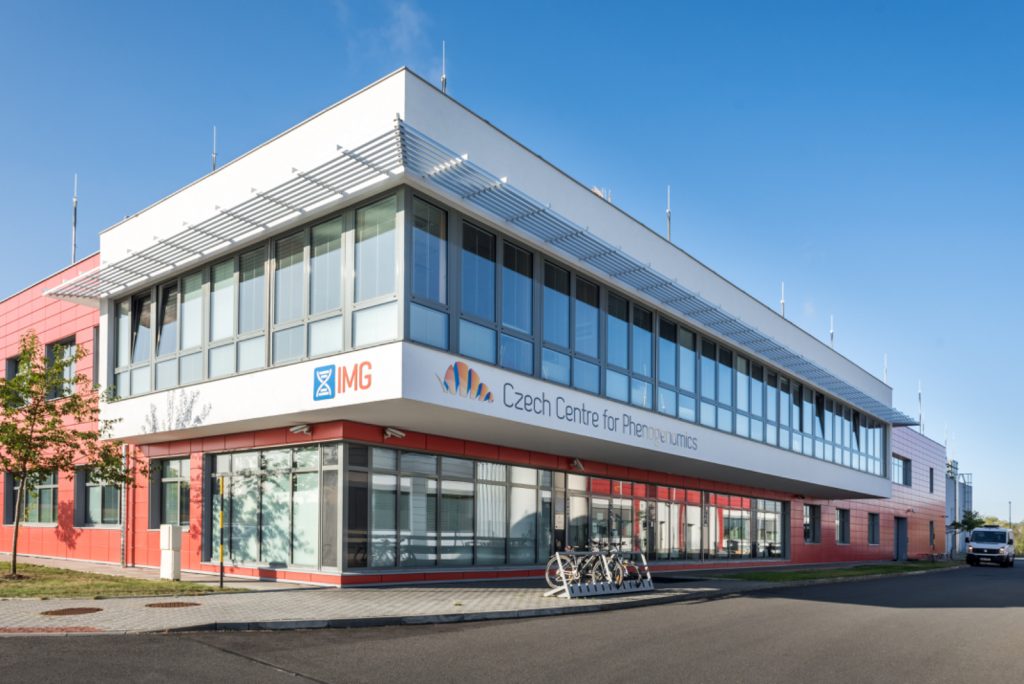-
Gruper Y, Wolff ASB, Glanz L, et al. Autoimmune amelogenesis imperfecta in patients with APS-1 and coeliac disease. Nature. 2023; 624(7992):653-662. doi:10.1038/s41586-023-06776-0
-
Spoutil F, Aranaz-Novaliches G, Prochazkova M, et al. Early evolution of enamel matrix proteins is reflected by pleiotropy of physiological functions. Sci Rep. 2023; 13(1): 1471. https://doi.org/10.1038/s41598-023-28388-4
-
De Gasparo R, Pedotti M, Simonelli L, et al. Bispecific IgG neutralizes SARS-CoV-2 variants and prevents escape in mice. Nature. 2021; 593(7859):424-428 https://doi.org/10.1038/s41586-021-03461-y
Service Description:
The Phenotyping Module at the Czech Centre for Phenogenomics (CCP) encompasses a comprehensive collection of tools and know-how for the systematic and deep-drilling behavioural, physiological and morphological assessment of mice and rats models in a controlled specific pathogen-free environment.
The Phenotyping Module comprises of individual specialised laboratories focused on particular physiological domains, such as metabolism, immunity, behaviour, sensory perception, cardiovascular function, body development etc., organised into a logical primary phenotyping “pipeline”, collecting 1000 primary phenotyping data according to IMPC standards for each characterisation, with the total number of parameters being higher as it includes additional assays.
Besides this, the module performs high throughput and standardised analysis capturing up to 1000 unique parameters for each gene/mouse line analysed, and thereby minimising overall animal usage. CCP offers development of tailored models for a specific disease, or a gene variant coupled with in-depth in vivo and ex vivo analyses to its users.
Moreover, CCP with the Phenotyping Module provides a pipeline for preclinical testing of treatment and compounds as future drugs, including toxicology, pharmacokinetics, pharmacodynamics and bio-distribution of the studied molecules, also in the GLP mode. CCP has established a specific pipeline for generation and characterisation of PDX (patient-derived xenografts) models to study cancer development and its treatment.


